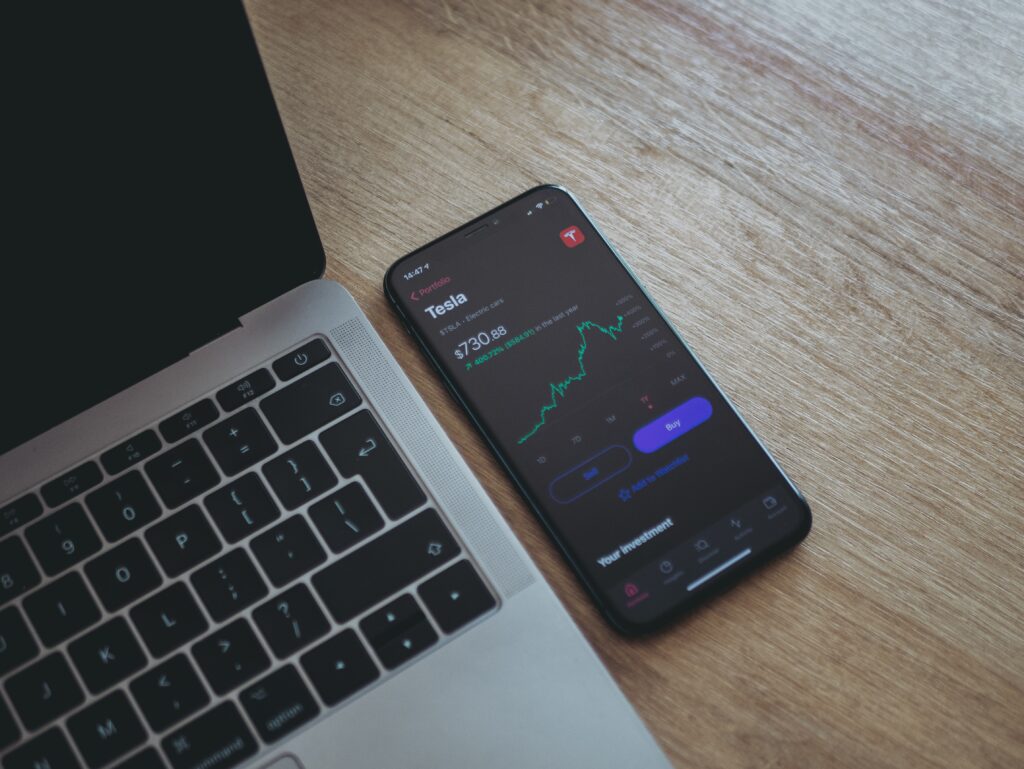On October 27, 2023, the financial world witnessed a significant event as Jamie Dimon, the CEO of JPMorgan Chase & Co., announced his plans to sell one million shares of the bank’s stock. This move is noteworthy because it marks the first time that Dimon has sold any of his JPMorgan shares since he assumed the role of CEO in 2006. In this blog, we will delve into the reasons behind Dimon’s stock sale, the concept of insider trading, its importance, and how investors can use insider trading data to make informed investment decisions.
Understanding Jamie Dimon’s Stock Sale
Jamie Dimon’s decision to sell one million shares of JPMorgan stock has generated a buzz in the financial world. This announcement comes at a time when the global financial markets are experiencing volatility, and uncertainty surrounds the state of the global economy. It’s important to note that Dimon stated he is selling the stock for “personal financial diversification and tax planning purposes.” While this explanation offers insight into his motives, it has prompted discussions about what implications this sale might have for JPMorgan’s future.
Insider Trading: An Overview
Insider trading is a term that frequently surfaces in discussions about stock markets and corporate governance. It refers to the buying or selling of a security based on material nonpublic information about the company issuing the stock. Material nonpublic information is data that has not yet been disclosed to the general public and has the potential to significantly impact the security’s price.
Insider trading is considered illegal because it provides certain individuals with an unfair advantage over other investors. Furthermore, it can erode trust in the stock market, as it compromises the level playing field that should exist for all participants.
Tracking Insider Trading
Investors can monitor and track insider trading activities through various methods. One commonly used approach is to keep an eye on the filings made by insiders with the Securities and Exchange Commission (SEC). When insiders intend to sell shares of their company’s stock, they are legally required to file a Form 144 with the SEC.
Additionally, investors can stay informed about insider trading by following news reports and social media. Insiders may occasionally reveal their trading intentions through interviews or posts on platforms like Twitter or LinkedIn.
Read Also: Meta Earnings Q3 2023 Report: Mixed Results with Revenue Beat but Weak Outlook
The Importance of Tracking Insider Trading
Tracking insider trading is crucial for several reasons:
- Early Warning: Insider trading data can serve as an early warning system, providing insight into potential issues within a company. If a significant number of insiders are selling their shares, it could signal financial challenges or indicate that insiders believe the stock is overvalued.
- Informed Investment Decisions: Investors can use insider trading data to make more informed investment decisions. It can help identify companies at risk of financial difficulties and those likely to experience stock price increases.
- Risk Mitigation: By monitoring insider activity, investors can mitigate their risk exposure by avoiding companies with concerning insider trading patterns.
Jamie Dimon’s Stock Sale: What It Means for Investors
As Jamie Dimon, a prominent figure in the financial world, prepares to sell one million shares of JPMorgan stock, investors may understandably question the implications for the bank and their own portfolios. It’s important to remember that while insider selling can raise concerns, it is not always a sign of impending trouble. Insiders, including CEOs like Dimon, sell shares for various reasons, including financial planning, diversification, and personal needs.
JPMorgan’s Strong Foundation
JPMorgan Chase & Co. is a financial juggernaut, boasting the status of the largest bank in the United States by assets. The institution provides an array of financial services, from traditional banking to investment banking and asset management. Jamie Dimon has been at the helm since 2006 and is highly regarded within the financial industry. Despite the sale of one million shares, Dimon will still retain ownership of over eight million shares in the bank, valued at more than one billion dollars. His substantial stake underscores his commitment to the bank and its shareholders.
The Short-Term Impact
While Dimon’s sale may not significantly affect JPMorgan’s long-term outlook, it could have a short-term impact on the stock’s price. Investors may choose to sell their shares in response to the news, potentially leading to a temporary decline in the stock’s value. However, it is important to differentiate between short-term market reactions and a company’s fundamental health and prospects.
Should Investors Be Concerned?
Investors should approach Dimon’s sale with a measured perspective. While it is natural to consider the implications of insider activity, especially when it involves a prominent CEO, the overall strength of JPMorgan remains a compelling factor. The bank’s financial stability, track record, and position within the industry are factors that should not be overshadowed by this event.
Investors are advised not to hastily sell their JPMorgan shares in reaction to Dimon’s stock sale. It is important to maintain a long-term view and consider the broader market conditions, the bank’s performance, and any additional information that may arise.
Using Insider Trading Data for Informed Decisions
Insider trading data serves as a valuable tool for investors in navigating the complexities of the stock market. By diligently tracking insider activity, investors can identify companies facing financial challenges and those poised for stock price growth. This information can significantly contribute to making well-informed investment decisions.
In Conclusion
Jamie Dimon’s sale of one million shares of JPMorgan stock may have sparked conversations and speculation, but it should not be a cause for alarm. JPMorgan remains a robust financial institution with a bright future. Investors should remember that insider selling, while noteworthy, is not always indicative of a company’s overall health or future prospects.
To make informed investment decisions, investors should evaluate their financial goals, risk tolerance, and market conditions. If needed, consulting with a financial advisor can provide personalized guidance. By maintaining a long-term perspective and considering the broader context, investors can navigate the stock market effectively, even in the face of significant insider activities.
In the world of finance and investment, where information is power, tracking insider trading remains an essential practice. As markets continue to evolve, staying informed about insider activity can provide a valuable edge in making prudent investment decisions.
Additional Information
Here is some additional information about Jamie Dimon, JPMorgan Chase & Co., and insider trading:
- Jamie Dimon is a prominent figure in the financial industry, having served as the CEO of JPMorgan Chase & Co. since 2006.
- JPMorgan Chase & Co. is the largest bank in the United States by assets and offers a wide range of financial services, including banking, investment banking, and asset management.
- Insider trading involves the buying or selling of a security based on material nonpublic information about the company issuing the stock.
- Material nonpublic information is data that has not been disclosed to the public and can significantly affect the stock’s price.
- Tracking insider trading can be done through SEC filings, news reports, and social media monitoring.
- Monitoring insider trading is essential for early warning signs, informed investment decisions, and risk mitigation.
News Ref: CEO Dimon to sell some of his JPMorgan shares for first time









